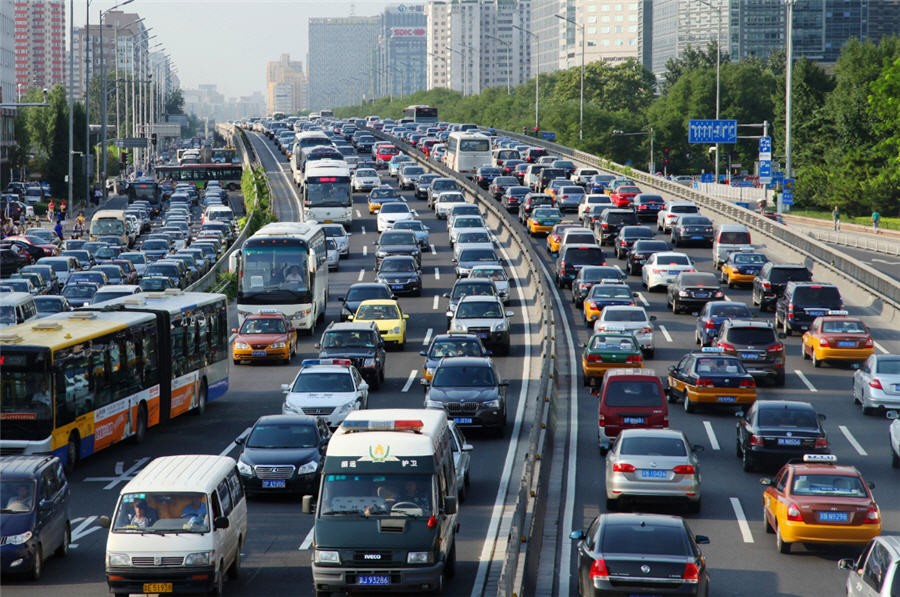It’s not all one-way traffic for China’s EV makers

Ask a Chinese EV owner what helped them choose an electric car over a gas guzzler, and price is invariably near the top of the list.
In a market where many people are still only buying their first car, price sensitivity is a key issue. That’s helped make entry level rides like the $4,500 Hongguang Mini wildly popular, and driven the uptake of EVs, which accounted for one of every five cars sold in China in December.
But while EV sales are projected to climb to 6 million this year, according to BloombergNEF, several factors pushing up prices suggest the switch from gasoline cars won’t all be one-way traffic.
For starters, BYD will increase prices of some models by as much as 7,000 yuan ($1,100) from Feb. 1 because of a “significant” increase in raw material costs and a winding back of government subsidies. Tesla, Xpeng and FAW-Volkswagen have also bumped up prices in recent months.
Persistent hikes in raw material costs have been weighing on automakers for a while now. The price of key battery ingredients like lithium hexafluorophosphate and lithium phosphate surged as much as 400% last year. The situation is so severe that industry watchdogs met earlier this month to discuss ways of reining in expenses to avoid discouraging the switch to EVs, which will play a crucial role in meeting China’s goal of lowering emissions to net zero by 2060.
Reading between the lines of the public statement released after the meeting, you can tell the pressure on EV manufacturers to keep their prices competitive is real.
Another draw for EVs — the range of intelligent functionality (think driver-assistance technology, over-the-air software updates and navigation systems) — is also working to push up development and manufacturing costs, which flows through to sticker prices.
Meantime, government subsidies introduced in 2009 to help the fledging EV industry find its feet are progressively being withdrawn. They’ve been cut 30% this year and will be phased out completely next year, potentially adding thousands of yuan to the cost of an EV.
On top of that, EV tax breaks may also become a thing of the past. An exemption on the 10% vehicle-purchase tax is due to expire at the end of 2022. While the Ministry of Industry and Information Technology is pushing for an extension, any compromise is more likely to come in the form of a reduced 5% discount.
Insurance costs are also rising. China’s insurance regulator last month rolled out a long-awaited NEV policy guidance, starting a tailor-made insurance category for electric cars. In extreme cases, some drivers have been unpleasantly surprised to find their premiums have surged a whopping 80%. Insurers argue that new EV-specific policies covers a wider range of components including the motors, batteries and control systems, as well as more circumstances where accidents may occur, such as when cars are being charged.
Having enjoyed the inside lane to success in recent years, EV manufacturers may find the roads a bit more clogged this year.
{{ commodity.name }}
{{ post.title }}
{{ post.date }}




Comments